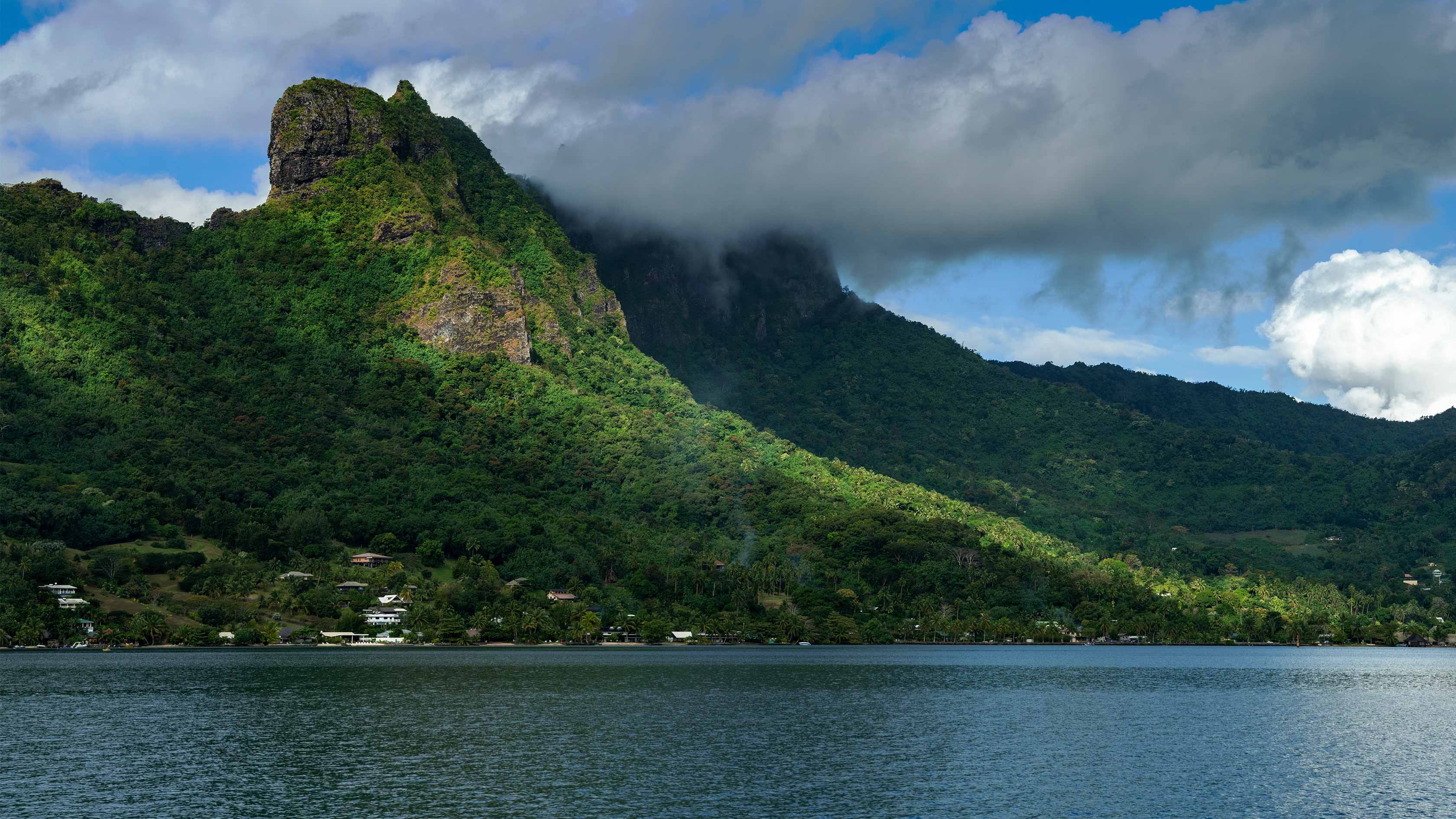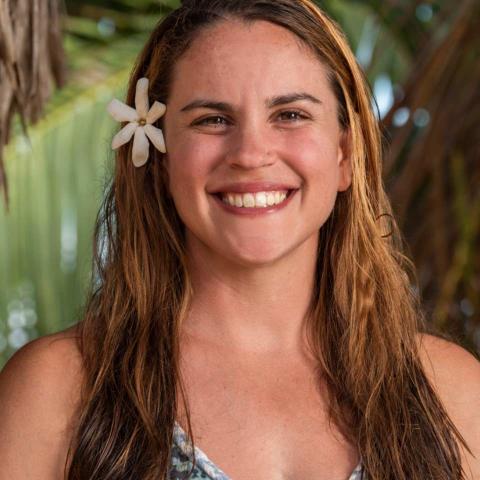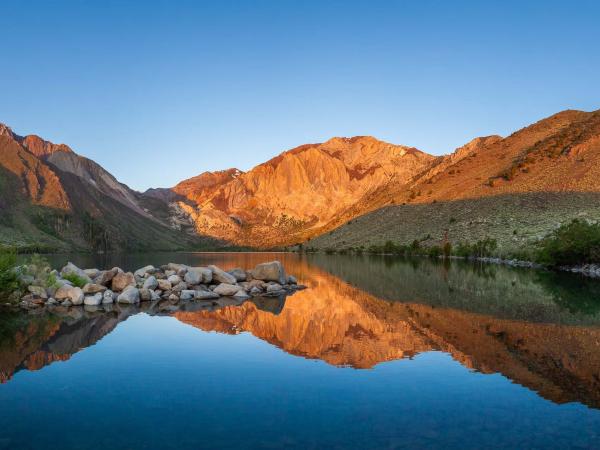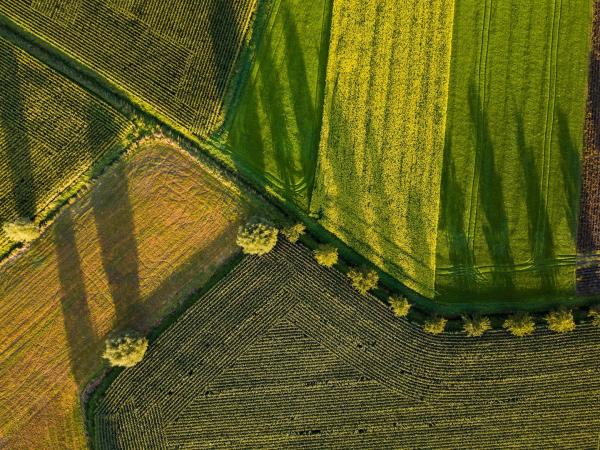

In a highly interactive multimedia experience, UCSB highlights the critical research underway at Gump Research Station, a Long Term Ecological Research (LTER) site in Mo'orea, a French Polynesian island in the South Pacific. Watch videos, read stories, and more at moorea.news.ucsb.edu.
Among the researchers, undergraduates, and grad students interviewed for the multimedia pieces, Bren PhD student Erin Winslow and Professor Hunter Lenihan are featured.
Erin Winslow worked as an intern and lab technician at Gump Station after her undergraduate years at UCSB, and that passion for conserving coral reef ecosystems led her to the Bren School for her Master's and the PhD in Environmental Science and Management.
Professor Hunter Lenihan's research explores coral reef community ecology as well as fisheries management. “I study the long-term changes in coral populations,” he said, “and use that information to create models that help us predict what the coral community should look like in the future.” On Mo'orea, Lenihan also works with local fishing communities to better understand sustainable fishing practices. Read his research spotlight.

About Mo'orea: Coral Reef Research in Paradise:
Situated on Cook’s Bay along the north shore of the island of Mo’orea, the University of California Gump Research Station is a premiere field station where scientists conduct critical research on the coral reefs and the many marine species that make their home in the warm waters of French Polynesia.
Much of the work being done at Gump Research Station is led by UC Santa Barbara scientists, many of whom are seeking to understand how global change and other disturbances are impacting coral reef health. In 2004, the National Science Foundation established the Mo’orea Coral Reef Long Term Ecological Research (MCR LTER) site with ecology professors Sally Holbrook and Russ Schmitt as principal investigators.



